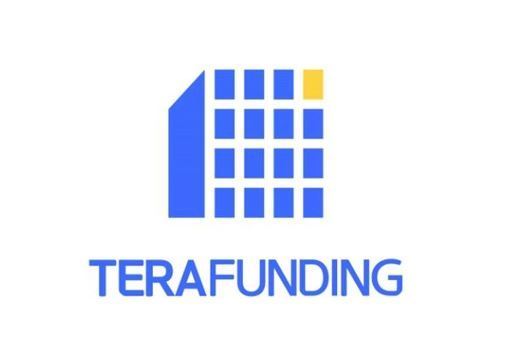 |
Tera Funding logo (Tera Funding) |
Peer-to-peer lending platforms that were once the talk of the town are facing a myriad of challenges amid ongoing litigation and tougher regulations, highlighted by a lawsuit against Tera Funding, experts said on Tuesday.
Tera Funding is facing another class action from investors who are unhappy with delayed payments and loss of investments. This is the second time the company has had to deal with a lawsuit since August 2020 when a group of 500 investors took the company to the court, alleging it had committed frauds.
At the same time, Tera is about to lose at least one platform on which it attracted potential users.
Earlier this month, Toss, a fintech app with 18 million users, announced it was ending the partnership with Tera Funding on March 4. The company said the dissolution of its partnership was due to an expired contract, but the decision came as Tera Funding investors threatened to also sue Toss. They accused the company of falsely advertising project financing projects as risk-free.
Kakao Pay is also mulling whether or not to extend a partnership with P2P lending companies.
Toss and Kakao Pay‘s reluctance reflects the challenges that P2P lending companies are facing, experts say.
“The delinquency rate is getting higher and platforms like Toss and Kakao Pay are cautious about expanding their partnership,” said an industry expert who wished to remain anonymous.
“You could earn or lose money when you choose any type of investment, but some high profile failed investments by several P2P lenders and lawsuits against Tera Funding certainly have had a negative impact on the industry which is already suffering from tepid interests by investors who have other options in the bullish stock and crypto markets,” the expert added.
The average delinquency rate of 121 P2P firms stands at 23.46 percent as of Tuesday, according to the P2P lending analysis platform Midrate. The figure is 9 percentage points higher than a year ago and the highest since the delinquency rate was announced first time in November 2017.
In January, six P2P companies received sanctions from the Financial Supervisory Service, the country’s financial watchdog, for receiving higher interest than legal rates.
The so-called Act on Online Investment-Linked Financing, which went into effect last August, requires all P2P companies to have paid-in capital of at least 500 million won ($450,000) each and register with the country’s financial watchdog by August this year.
As of Feb. 17, only six P2P lenders including People Fund and 8Percent have summited an application to the country’s financial watchdog.
In addition, state-registered P2P firms must publicly disclose their financial information, have a system of computers and security equipment, and are banned from selling high-risk instruments.
By Park Ga-young (
gypark@heraldcorp.com)








![[Weekender] Korea's traditional sauce culture gains global recognition](http://res.heraldm.com/phpwas/restmb_idxmake.php?idx=644&simg=/content/image/2024/11/21/20241121050153_0.jpg)